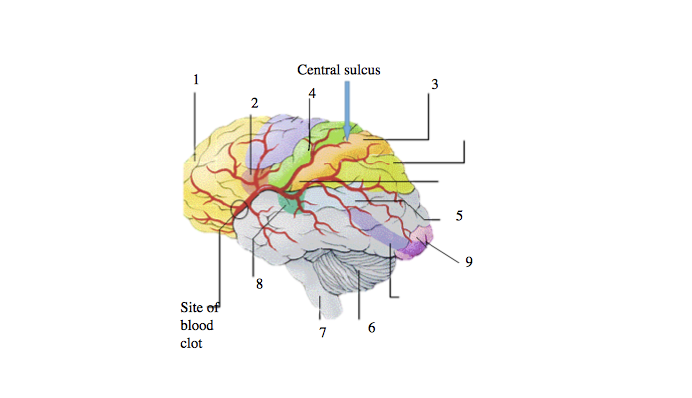

Consistent evidence suggests that some of these individuals are indeed at increased risk of dementia. Further reduction of dementia incidence through deliberate prevention plans is needed to counteract its growing prevalence due to increasing life expectancy.An increasing number of individuals with normal cognitive performance seek help in the current memory clinics asking an evaluation of their dementia risk, preventive interventions, or interventions to ameliorate their cognitive performance.

This observation supports the notion that preventing dementia is possible and that a certain degree of prevention is already in action. Empirical evidence suggests that, in higher-income countries, dementia incidence is decreasing as a result of healthier lifestyles. Delaying the onset of dementia by treating associated risk factors will bring huge individual and societal benefit. Dementia prevention is considered a public health priority by the World Health Organization. 16 Centre Leenaards de la Mémoire, Centre Hospitalier Universitaire Vaudois, Lausanne, Switzerland.ĭementia has a devastating impact on the quality of life of patients and families and comes with a huge cost to society.15 Gérontopole of Toulouse, University Hospital of Toulouse (CHU-Toulouse), Toulouse, France.14 Department of Epidemiology and Biostatistics, Vrije Universiteit Amsterdam, Amsterdam UMC, Amsterdam, The Netherlands.13 Life Science Partners, Amsterdam, The Netherlands.12 Department of Neurology, Alzheimer Center Amsterdam, Amsterdam Neuroscience, Vrije Universiteit Amsterdam, Amsterdam UMC, Amsterdam, The Netherlands.11 Department of Psychiatry and Psychotherapy, Medical Faculty, University of Cologne, Cologne, Germany.10 Institut de la Mémoire et de la Maladie d'Alzheimer, IM2A, INSERM, Institut du Cerveau et de la Moelle Épinière, UMR-S975, Groupe Hospitalier Pitié-Salpêtrière, AP-HP, Sorbonne Université, Paris, France.9 Department of Neurology, Stroke Center, University Hospitals and University of Geneva, Geneva, Switzerland.8 Department of Molecular and Translational Medicine, University of Brescia, Brescia, Italy.7 Laboratory of Alzheimer's Neuroimaging and Epidemiology (LANE), Saint John of God Clinical Research Centre, Brescia, Italy.6 Memory Clinic, Geneva University Hospitals, Rue Gabrielle-Perret-Gentil 6, 1205, Geneva, Switzerland.5 Laboratory of Neuroimaging of Aging (LANVIE), University of Geneva, Geneva, Switzerland.4 Centre for Clinical Brain Sciences, University of Edinburgh, Edinburgh, UK.3 Barcelonaβeta Brain Research Center, Pasqual Maragall Foundation, Barcelona, Spain. 2 Memory Clinic, Geneva University Hospitals, Rue Gabrielle-Perret-Gentil 6, 1205, Geneva, Switzerland. 1 Laboratory of Neuroimaging of Aging (LANVIE), University of Geneva, Geneva, Switzerland.

Existing neuroimaging studies on the relationship between language ability and brain activity have found contradictory evidence: On the one hand, increased activity with higher language ability has been interpreted as deeper or more adaptive language processing.

On the other hand, decreased activity with higher language ability has been interpreted as more efficient language processing. In contrast to previous studies, the current study investigated the relationship between language ability and neural activity across different language processes and modalities while keeping non-linguistic cognitive task demands to a minimum. fMRI data were collected from 22 healthy adults performing a sentence listening task, a sentence reading task and a phonological production task. Outside the MRI scanner, language ability was assessed with the verbal scale of the Wechsler Abbreviated Scale of Intelligence (WASI-II) and a verbal fluency task. As expected, sentence comprehension activated the left anterior temporal lobe while phonological processing activated the left inferior frontal gyrus. Higher language ability was associated with increased activity in the left temporal lobe during auditory sentence processing and with increased activity in the left frontal lobe during phonological processing, reflected in both, higher intensity and greater extent of activations. Evidence for decreased activity with higher language ability was less consistent and restricted to verbal fluency. Together, the results predominantly support the hypothesis of deeper language processing in individuals with higher language ability.


 0 kommentar(er)
0 kommentar(er)
